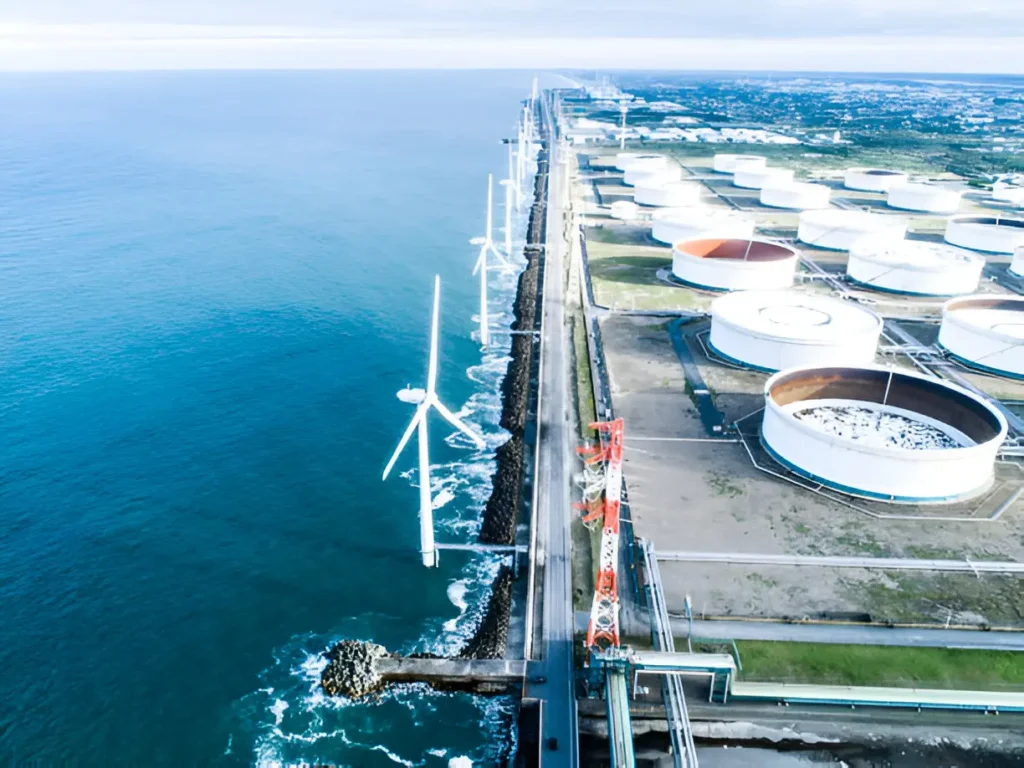Key Takeaways
- Understand how technological advancements are reshaping the trucking industry.
- Learn the benefits and challenges of adopting new technology in trucking.
- Discover how data analysis, automation, and electric trucks are changing traditional trucking methods.
Introduction to Technology’s Role in Trucking
The trucking industry, long considered the backbone of goods transportation, is undergoing a revolution. Technological advancements are altering how freight is moved and making the industry safer, more efficient, and environmentally friendly. One such advancement is the emergence of free load boards, which simplify the process of matching freight with available trucks. This reduces empty miles and increases operational efficiency, allowing companies to maximize their resources effectively.
Trucking firms now have new options to stay competitive and enhance their operations thanks to the emergence of digital platforms and creative solutions. Technology is having a bigger and bigger impact on the trucking industry as it develops, having an impact on everything from route planning to vehicle maintenance. Businesses can now have real-time insights into their operations with the use of GPS tracking devices and sophisticated telematics, allowing them to act quickly and decisively.
Data Analysis: The Backbone of Modern Trucking
Data analysis has become a vital tool in the trucking industry. Companies can now track routes, fuel consumption, and driver performance in real time. This data-driven approach leads to better decision-making, reduced operational costs, and improved efficiency. For instance, some companies use advanced analytics to predict maintenance needs and avoid unexpected breakdowns.
By leveraging big data, trucking companies can identify trends and patterns that were previously unnoticed. This information helps optimize delivery routes, schedule regular maintenance, and even manage driver behavior to ensure safety standards are met. Additionally, predictive analytics can help forecast demand, enabling companies to adjust their fleet sizes accordingly and reduce idle time.
Moreover, data analysis enhances customer satisfaction by providing accurate delivery estimates and improving shipment tracking capabilities. This level of transparency builds trust with clients and fosters long-term business relationships.
Automation and Autonomous Trucks
Automation is set to revolutionize trucking. From automated dispatching systems to autonomous vehicles, the industry is embracing solutions that increase efficiency and reliability. Autonomous trucks, while still in the testing phase, promise to reduce human error, lower transportation costs, and enhance safety. In fact, industries are already seeing the benefits of driver-assist technology that improves navigation and traffic management.
These technologies make driving safer and improve fuel efficiency by maintaining optimal driving speeds and reducing unnecessary stops. As the technology matures, it could significantly change the landscape of long-haul freight transportation. Reduced expenses for driver wages and hours-of-service compliance will give businesses investing in autonomous technologies a competitive advantage.
Furthermore, automated logistics systems can streamline operations by efficiently managing loads, routes, and schedules. This degree of automation boosts overall productivity and lessens the administrative load on dispatchers.
Electric Trucks: The Move to Sustainability
Electric trucks are becoming a key focus for many trucking companies aiming to reduce their carbon footprint. These trucks considerably reduce pollutants and provide a greener option to conventional diesel trucks. With their electric truck models, businesses like Tesla and Nikola are leading this trend and demonstrating that efficiency and sustainability can coexist.
Adopting electric trucks also leads to lower operational costs in the long run, as electricity is cheaper than diesel, and electric vehicles generally require less maintenance. Electric trucks are a desirable alternative for businesses trying to improve their environmental efforts because of these advantages. Furthermore, thanks to developments in battery technology that produce greater ranges and faster charge periods, electric trucks are becoming more and more feasible.
Additionally, governments and regulatory bodies are offering incentives and rebates for adopting electric vehicles, making them a financially sound choice for forward-thinking trucking companies. As infrastructure for electric charging stations expands, the transition to electric trucks will become more feasible, paving the way for a greener future in transportation.
Impact of Technology on Trucking Jobs
While technology brings numerous benefits, it also poses significant challenges to the workforce. Many fear that automation and autonomous trucks might lead to job losses. However, technology can also create new opportunities. Truck drivers might transition into roles involving managing and maintaining automated systems or data analysis, fostering a more skilled workforce.
Moreover, the transition to new technology requires training and education. Investing in these areas can help reshape the existing workforce to meet the demands of a technologically advanced industry. Programs focused on upskilling employees can prepare them for new roles that prioritize technology proficiency and system management.
Additionally, there will always be a need for human oversight in operations involving autonomous vehicles. Truck drivers can assume supervisory roles, ensuring that automated systems function correctly and intervening when necessary. This shift not only preserves jobs but also enhances the overall efficiency and safety of trucking operations.
The Road Ahead: Future Trends in Trucking
The future of trucking is undoubtedly technology-driven. Companies must adapt to these changes to stay competitive. As data analysis, automation, and electric trucks become more mainstream, we will see a more efficient, sustainable, and safer trucking industry. Continued innovation and adaptation are crucial for the industry to tackle emerging challenges and seize new opportunities.
Technological advancements will likely continue to converge, creating an integrated ecosystem where autonomous trucks, electric vehicles, and advanced data analytics operate seamlessly. This convergence will lead to unprecedented levels of efficiency, reduced environmental impact, and enhanced profitability.
Furthermore, collaborative efforts between industry stakeholders, technology providers, and regulatory bodies will be essential in shaping the future of trucking. By working together, these entities can develop standards and best practices that ensure the successful implementation of new technologies while addressing safety and regulatory concerns.
Also Read –How to Track Your Shipments Effectively: Tools and Techniques
